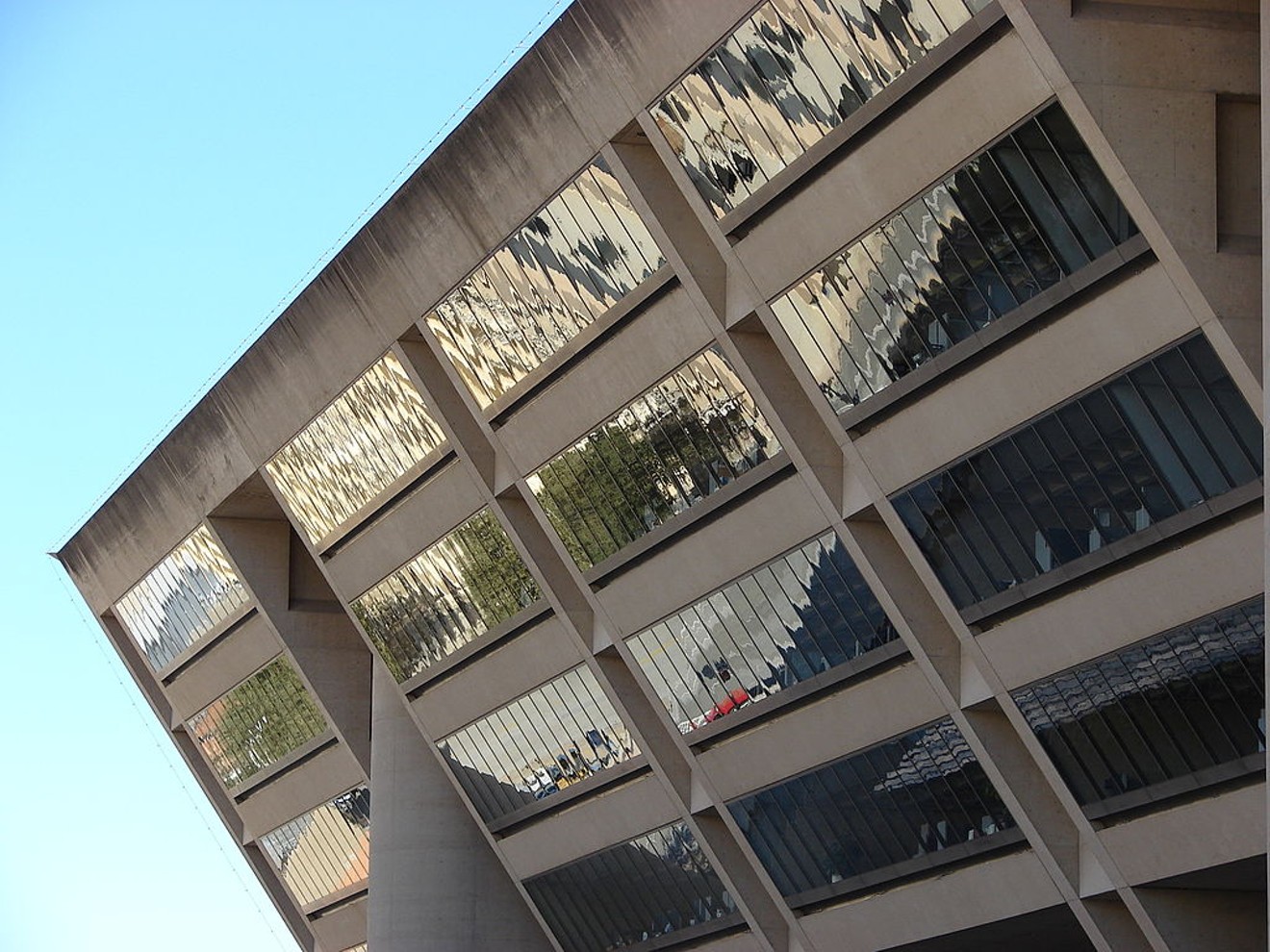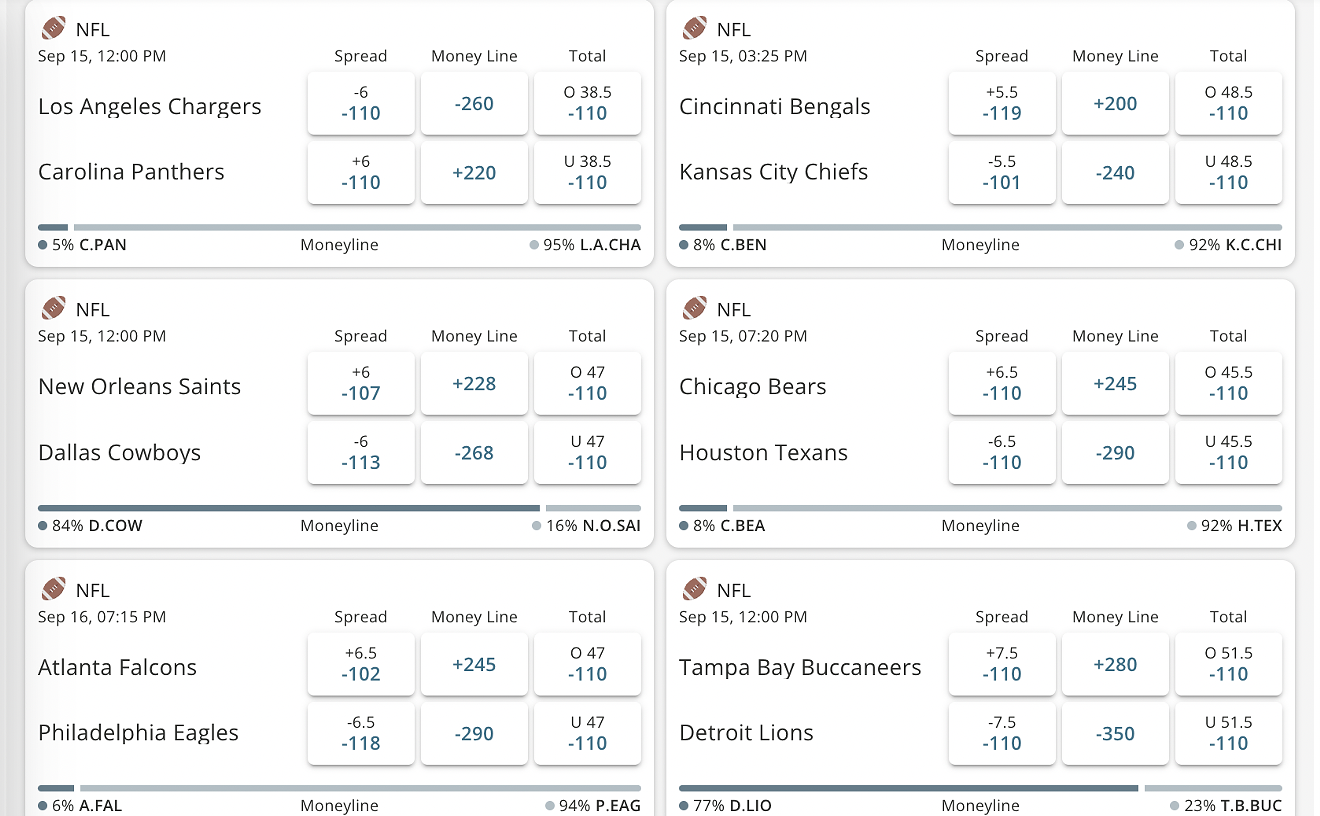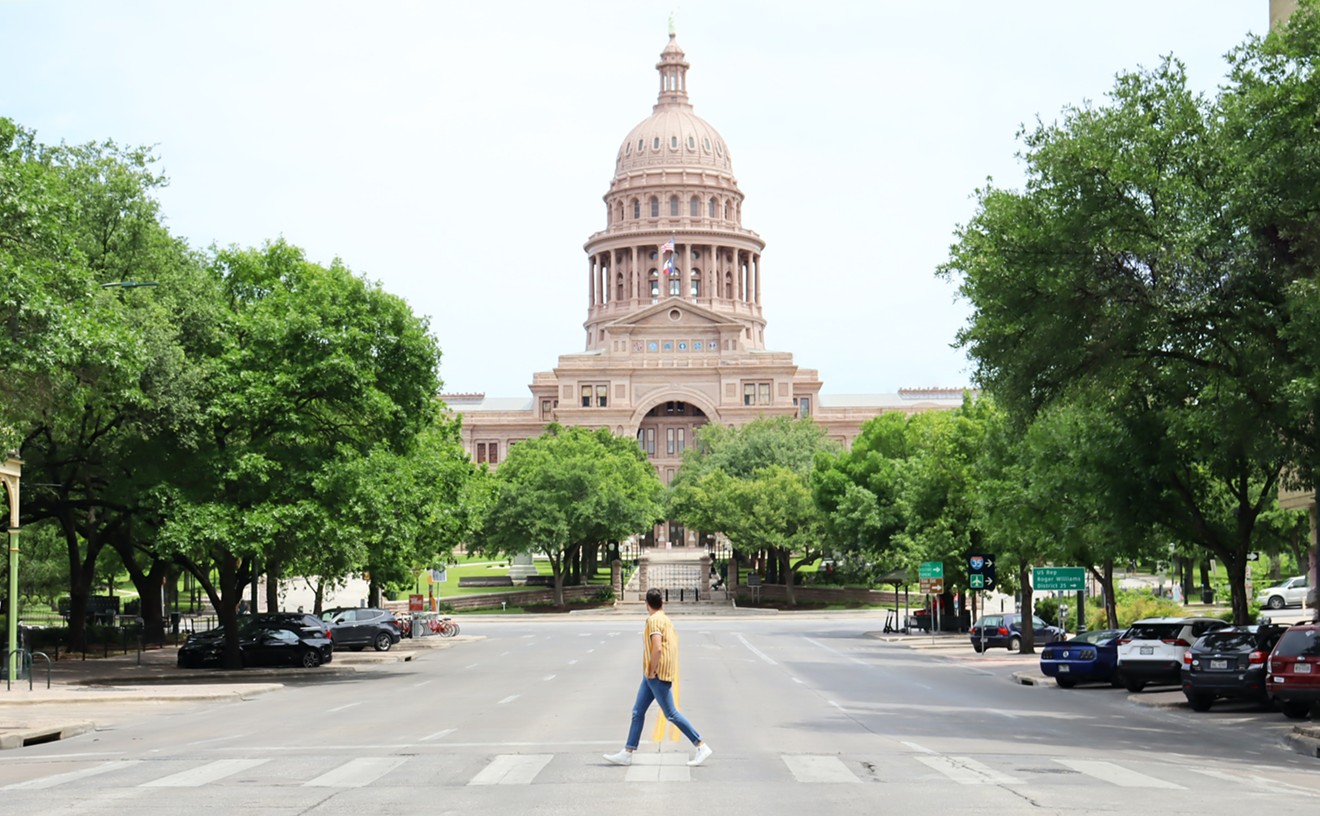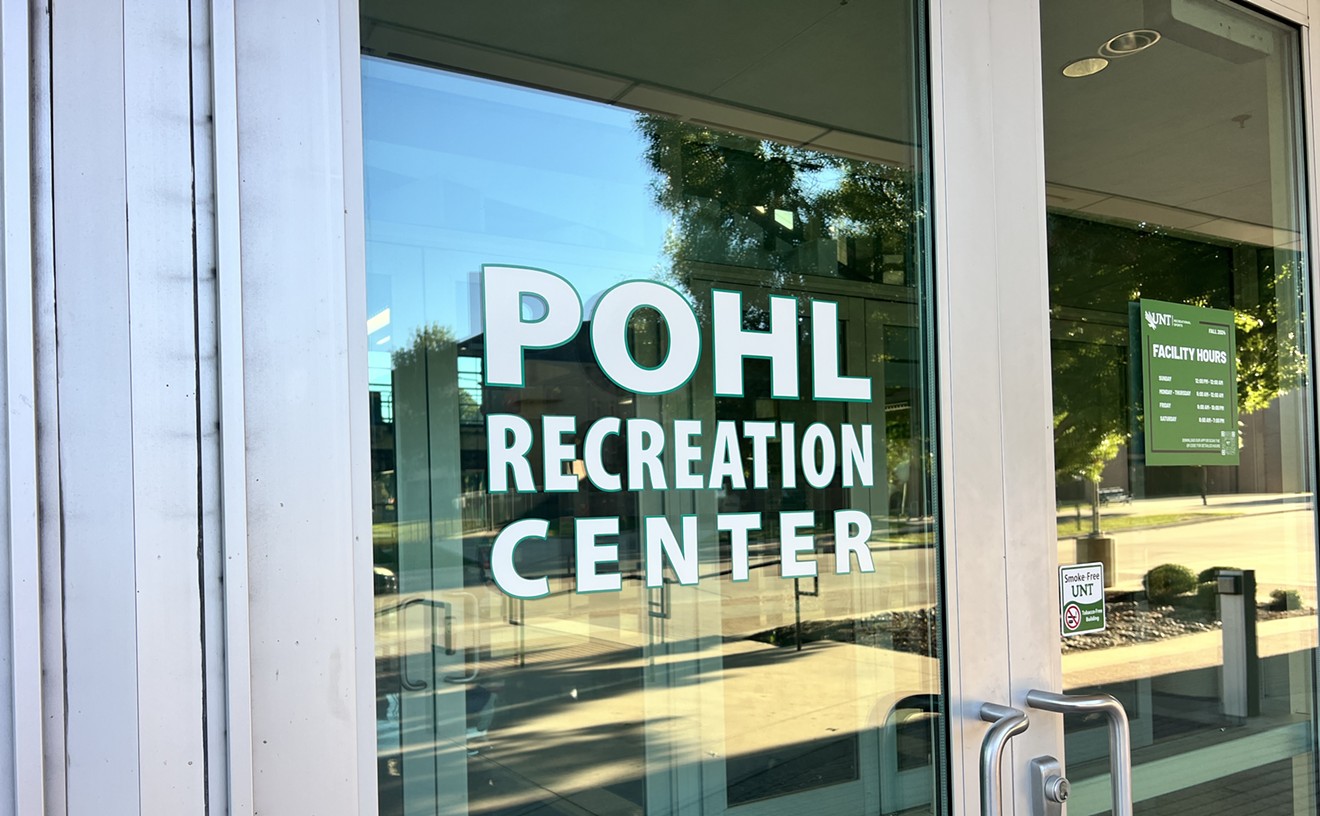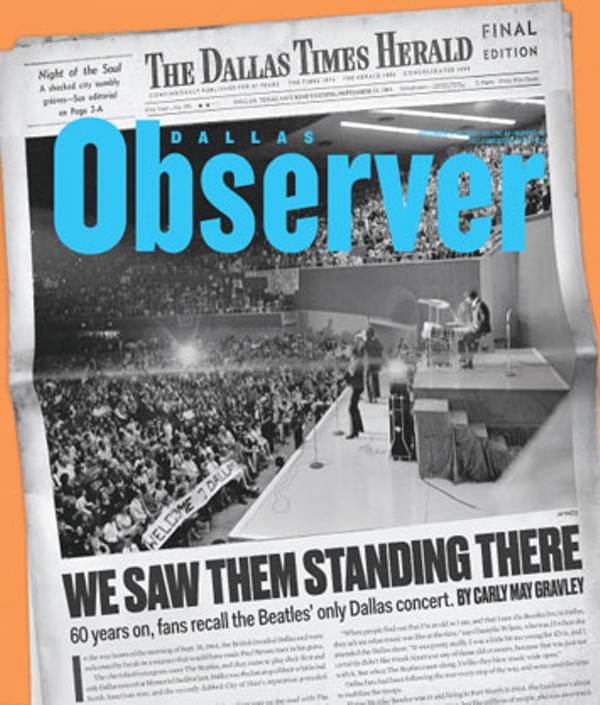The permitting process in Dallas is broken, City Council member Tennell Atkins said this week. Developers and businesses often call him several times a day to complain about it. They tell him they don’t want to do business in Dallas anymore. Atkins isn’t the only council member getting these calls.
Council member Jennifer Gates said Dallas should be the best of the best. Instead, she hears about permitting being done better in other cities.
The introduction of a new online system for applying for permits combined with pandemic combined to slow the process to a crawl, Kris Sweckard, director of the Sustainable Development and Construction Department, told a meeting of the council's economic development committee Monday.
People used to apply for and inquire about permits at the Dallas Oak Cliff Municipal Center, the city's permitting office, in person. “Whenever people would come in, we’d sit with them and walk through the plan,” he said. “We would help them fill things out. We would correct things on the fly.”
But COVID-19 pushed everything to the internet, exacerbating existing problems with ProjectDox, the city’s online system for submitting and processing permits.
The city began bringing ProjectDox into the permitting process last year. It seemed like a great step forward, but even after the launch online people would show up at the permitting office to submit their applications, as it was still quicker than online, which had not been completely integrated.
Sweckard said as staff worked to manually integrate the system, only about 20% of planning permits were being processed electronically. The pandemic shot this to nearly 90%.
For all the problems, he said that without the online system the whole process would have been dead in the water after the pandemic broke out. It’s not as fast as they want it to be, but it’s allowed permitting to continue at some capacity, Sweckard said.
Now, the system that barely kept Dallas’ permit process afloat needs to be patched up.
There was a large backlog of permits in September. This was the result of problems with a prescreening process in which a small error in an application, such as building plans not being in the proper orientation, could stall a permit for weeks. At its highest point, there were 981 cases in the prescreening backlog. Sweckard's department assigned additional resources to the prescreening process and were able to knock out a little over 600 of the permits in the backlog, but the problems persisted for single-family developments.
In September, there were 464 permits for single-family developments awaiting prescreening, but the department has been able to knock this number was down to 129.
This, however, just caused a backlog in the next stage of the process, plan review. To relieve this, some of the plan reviewers' other tasks, like the manual integration of the online system, were shifted to others in the department and to a third party. In the two to three weeks after this change, Sweckard said, the number of permits in the plan review process went from 642 to about 360.
Sweckard said they are working with the city's IT department to improve the online system, but part of the problem is it allows applications to be submitted even when they are incomplete. This still has not been resolved. Four different vendors are being considered to provide software solutions for the system, but Sweckard said none of them prevent incomplete applications to be submitted.
But there have been some improvements. Before, when something was wrong with an application in the prescreening process, the application would be sent back to be corrected through ProjectDox. Once these errors were corrected, the applicant would be put back into the review process, but they’d be at the end of the line.
Now, if it is an easy fix, he said, they are calling the applicant and trying to resolve the issue over the phone.
In August, prescreening took about four to five weeks. Now, it’s down to three weeks for single-family projects and two weeks for commercial projects, but that’s just the first step. The full process can take up to 11 weeks. The city wants to knock that down to two to three weeks. Sweckard said developers have told him that they can work with that time frame, and they hope to hit the target in the first quarter of 2021.
Toward this effort, his office has rolled out new computers for staff that allow them to work faster. They've also reassigned employees and every week publish the expected wait times for different permitting processes.
CARES Act money will fund the expansion of ProjectDox and allow the department to start doing “dynamic plan reviews,” meetings with the developers to make changes to plans with the goal being they’ll walk away with a permit the same day.
Two additional development coordinators were approved for the department’s concierge service group, allowing the service to be provided to affordable housing projects. The coordinators will be hired in January.

Audio By Carbonatix
[
{
"name": "Air - MediumRectangle - Inline Content - Mobile Display Size",
"component": "18855504",
"insertPoint": "2",
"requiredCountToDisplay": "2",
"watchElement": ".fdn-content-body",
"astAdList": [
{
"adType": "rectangle",
"displayTargets": "mobile"
}
]
},{
"name": "Editor Picks",
"component": "17105533",
"insertPoint": "4",
"requiredCountToDisplay": "1",
"watchElement": ".fdn-content-body",
"astAdList": [
{
"adType": "rectangle",
"displayTargets": "desktop|tablet"
},{
"adType": "rectangle",
"displayTargets": "desktop|tablet|mobile"
}
]
},{
"name": "Inline Links",
"component": "18349797",
"insertPoint": "8th",
"startingPoint": 8,
"requiredCountToDisplay": "7",
"maxInsertions": 25
},{
"name": "Air - MediumRectangle - Combo - Inline Content",
"component": "17105532",
"insertPoint": "8th",
"startingPoint": 8,
"requiredCountToDisplay": "7",
"maxInsertions": 25,
"watchElement": ".fdn-content-body",
"astAdList": [
{
"adType": "rectangle",
"displayTargets": "desktop|tablet"
},{
"adType": "rectangle",
"displayTargets": "desktop|tablet|mobile"
}
]
},{
"name": "Inline Links",
"component": "18349797",
"insertPoint": "8th",
"startingPoint": 12,
"requiredCountToDisplay": "11",
"maxInsertions": 25
},{
"name": "Air - Leaderboard Tower - Combo - Inline Content",
"component": "17105535",
"insertPoint": "8th",
"startingPoint": 12,
"requiredCountToDisplay": "11",
"maxInsertions": 25,
"watchElement": ".fdn-content-body",
"astAdList": [
{
"adType": "leaderboardInlineContent",
"displayTargets": "desktop|tablet"
},{
"adType": "tower",
"displayTargets": "mobile"
}
]
}
]

